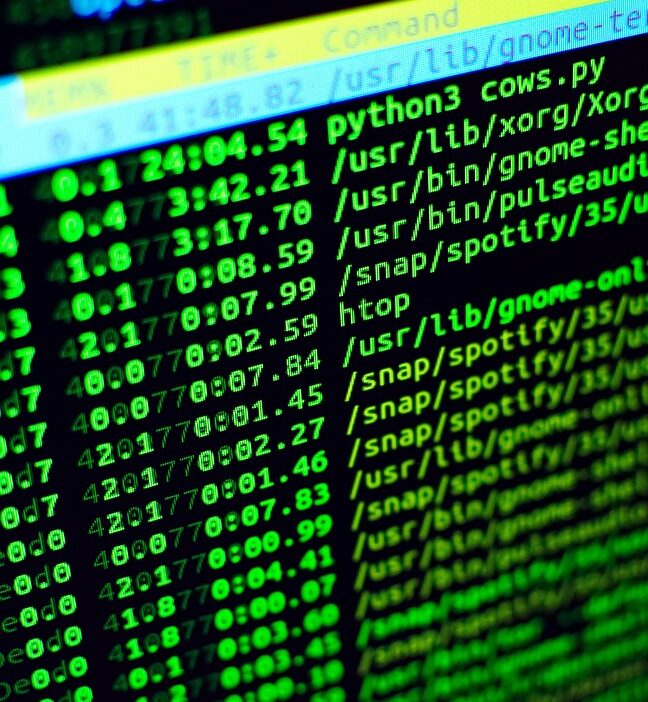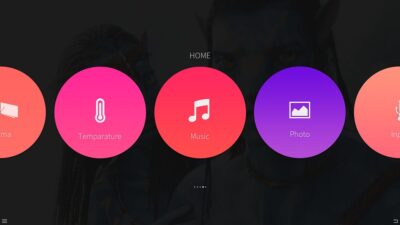In a world increasingly driven by technology, programming has become a valuable skill across various industries. Whether you’re looking to enhance your career prospects, develop personal projects, or simply explore a new hobby, learning to code is a worthwhile endeavor. If you’re considering diving into this dynamic field in 2023, here’s a guide to help you get started.
1. Understand the Value of Programming
Before jumping into coding, it’s important to grasp the relevance of programming today. Here are a few key points:
- Job Opportunities: The demand for programmers continues to grow across various sectors—technology, finance, healthcare, education, and more.
- Problem-Solving Skills: Coding enhances logical thinking and problem-solving abilities, useful in both personal and professional settings.
- Creativity and Innovation: Programming allows you to create applications, games, websites, and much more, providing a platform for creativity.
2. Choose the Right Language
Selecting a starting programming language can be daunting, given the plethora of options available. Here are a few popular languages for beginners in 2023:
- Python: Known for its simplicity and readability, Python is ideal for beginners and widely used in data science, web development, and automation.
- JavaScript: As the backbone of web development, JavaScript is essential if you’re interested in creating interactive websites.
- Ruby: Renowned for its elegant syntax, Ruby is often praised for web applications, particularly with the Ruby on Rails framework.
- Java: A fundamental language in many systems and applications, Java is also known for its portability and scalability.
Consider what interests you most when selecting your language. Each has its strengths depending on your goals.
3. Find the Right Learning Resources
With countless online platforms offering courses and tutorials, finding quality learning materials is essential. Here are some recommended resources:
- Online Learning Platforms: Websites like Coursera, edX, and Udemy offer structured courses tailored for beginners.
- Interactive Coding Platforms: Tools such as Codecademy, freeCodeCamp, and LeetCode provide hands-on practice as you learn.
- YouTube Channels: Many educators offer free coding tutorials; channels like Traversy Media and The Net Ninja can be extremely beneficial.
By combining various resources, you can tailor your learning experience to suit your preferences and pace.
4. Build Projects
Once you have a grasp of the basics, applying what you’ve learned through projects is crucial. Start simple:
- Personal Projects: Consider creating a personal website, a to-do list application, or a simple game.
- Open Source Contributions: Engage with platforms like GitHub, where you can contribute to existing projects and collaborate with other developers.
- Hackathons: These events allow you to work on projects intensively, often in teams, providing a great way to network and learn.
Real-world applications will solidify your understanding and enhance your portfolio.
5. Join a Community
Programming can sometimes feel isolating, but joining a community can provide support and motivation:
- Forums and Online Communities: Platforms like Stack Overflow, Reddit, or specialized Discord servers offer opportunities to ask questions, seek advice, and share knowledge.
- Meetups and Local Groups: Websites like Meetup.com can help you find local programming groups, hackathons, and workshops.
- Social Media: Following coding experts and educators on platforms like Twitter or LinkedIn can keep you informed and inspired.
Engaging with others will enrich your learning experience and foster connections that could lead to future opportunities.
6. Embrace the Challenges
Learning programming is not without its frustrations. Here are some tips to overcome common challenges:
- Practice Regularly: Consistency is key. Make coding a daily habit, even if it’s just for a short period.
- Don’t Fear Mistakes: Errors are a natural part of learning. Each bug offers a lesson in troubleshooting and problem-solving.
- Set Realistic Goals: Break down your learning objectives into manageable tasks. Celebrate small victories to stay motivated.
7. Stay Updated
The tech landscape evolves rapidly. To stay relevant:
- Follow Industry Trends: Subscribe to tech blogs, podcasts, and news sites to keep abreast of developments in programming languages and tools.
- Explore New Technologies: As you grow more comfortable with coding, experiment with new frameworks, libraries, or languages that pique your interest.
Conclusion
2023 is an exciting time to begin your programming journey. With the right mindset, resources, and community support, you can unlock the code to a world of opportunities. Embrace the learning process, stay curious, and remember that every expert was once a beginner. Happy coding!



